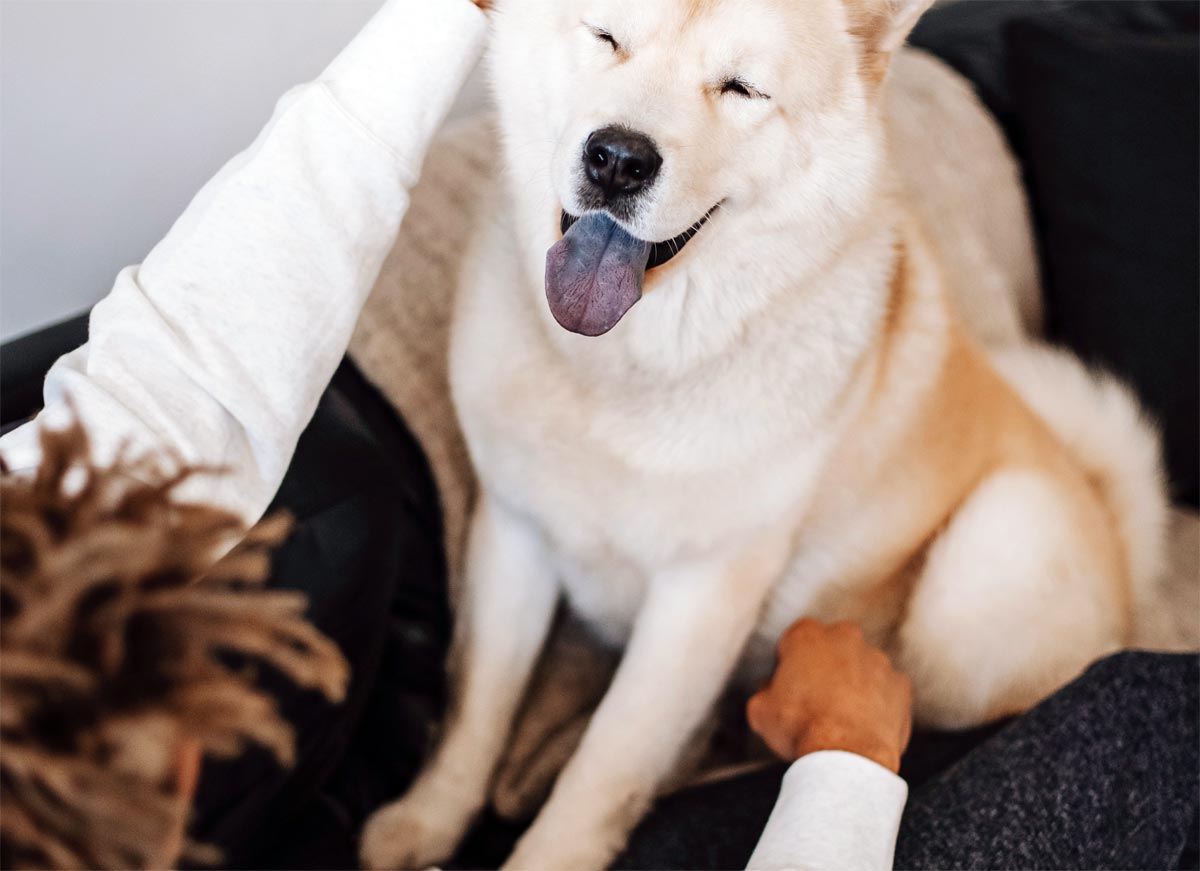
If you or a loved one is recovering from a substance use disorder or an addiction, it’s a long journey. For many of us, addiction recovery is a process that takes years. But, whether you’re just getting out of rehab or have been in recovery for some time, you’ve likely heard that pets can be a great call. This is very true. Research consistently supports that there are many benefits to having pets as part of medical interventions including addiction recovery. Having a pet can boost your mood, improve your habits, and change how you respond to yourself and others. However, it’s also important to go into something like pet ownership when you’re ready and not immediately when you get out of rehab.
Companionship
Different kinds of pets offer different levels of companionship. However, your pet does give you a companion. That’s true whether you pick a rat, a snake, a bird, or a cat or dog.
You’ll have someone to talk to, someone to share your space with, and something to be there. While that can be tangential and you won’t likely feel like you have very much of a companion if you opt into pet fish, it can make a big difference in how you feel. Studies show that pets actively provide companionship, although it’s important to note that pets also have negative emotional and practical burdens as well.
Building Habits
Pets require a sometimes-significant amount of care. If you choose something like a cat, you’ll have to clean up after it every single day. If you choose a dog, you’ll have to walk it every day, sometimes for several hours a day – depending on the breed you choose. That responsibility can be significant. In addition, pets typically require regular food and water, regular care, and attention in order to be healthy. That can force you to invest in building habits like getting up at X time to walk the dog, going for walks every day, building discipline to care for something else, etc.
Importantly, if you’re not ready, those responsibilities can be stressful and may have a negative impact. If you don’t have room to add on more things that you have to do, it’s not yet time for you to get a pet.
Good Responsibilities
Getting a pet means taking on financial and emotional responsibility. For many people, that can seem insignificant upfront. However, it means you’ll have to work, take care of yourself, and take care of your responsibilities to your pet simply because that pet depends on you. Again, depending on where you are in your recovery journey, that can feel like stress and can feel extremely negative. If you’re ready, it can give you the push you need to improve how you take care of yourself. It may also boost your self-esteem – giving you the opportunity to feel good about yourself, to actively build on your self-image as someone who takes care of the things you love, and to get started with social responsibilities in a relatively low-stress environment.
Improved Emotional Health
Pets have been linked to improved outcomes, decreased loneliness, and increase in motivation in several studies. While that will sometimes depend on what kind of pet you have, it is often the case that pets give you an outlet, someone to share with, and will offer positive mood input. In one study, pet owners showed reductions in loneliness, improvements in ability to interact with others, and to focus on the now rather than living in your head or being stressed.
Here, most studies track the effects of dogs and other animals that actively engage with people and as parts of their lives. For example, dogs naturally increase social interaction by forcing you to go out and to be at the same dog parks as other dog owners.

However, they may also provide a positive influence to mood by being positive and by showing affection for you. There are fewer studies showing the same results around guinea pigs, snakes, or cats – and those animals will not provide the incentive to go walking, which means you may want to choose a dog if you’re hoping to be more social.

Decreased Stress
Companion animals have been shown to reduce stress in several ways. Here, the most consistent way is that sitting down and petting an animal showing you affection does decrease stress and improve mood. For many people, once you establish a bond with a pet, simply sharing contact and petting the animal can improve your mood. However, in other cases, pets can act to reduce stress in other ways. For example, giving you something to take care of can reduce stress by giving you a short-term sense of purpose. That’s especially true if you’re still in the early stages of recovery and have to build up to moving back into the workplace and everyday responsibilities. Dogs can also help you to exercise more, which will decrease stress because exercise reduces stress.
More importantly, they increase the amount of light exercise you do, which offers benefits like improved blood circulation and energy increases without increasing exhaustion and muscle soreness, which can help you to feel a lot better than spending several hours at the gym. Of course, you can get those benefits without a dog, but dogs can help you to build the discipline to do that walking which you might not be able to do on your own.
Don’t Start with a Pet
It’s important to keep in mind that you shouldn’t get a pet until you’re ready to get a pet. Even small pets are a significant amount of emotional and financial responsibility. Forgetting to feed your caged pet will mean that they get sick or die. If you’re still in an area where you’re in a high danger of relapse, you probably don’t want a pet yet. Many rehab experts suggest that people leaving recovery start out with something small and simple, like a potted plant. Once you learn to care for and keep a plant alive, you can move on to something that requires more time, more daily investment, and offers more reward for that investment.
Pets can be a great choice as part of your recovery. They can help you to feel better, to reduce stress, and to boost your mood. They can also be significantly stressful if you’re not up for the responsibilities – e.g., are you ready for the dog to chew up the carpet, a cat to spread litter everywhere, or a snake to escape and force you to find it? – but they can also provide significant benefits in terms of companionship, responsibility, and comfort.
If you or your loved-one struggles from substance abuse please contact us today and speak with one of our experienced and professional intake advisors about our detox, and residential treatment programs. We’re here to help you recover.






